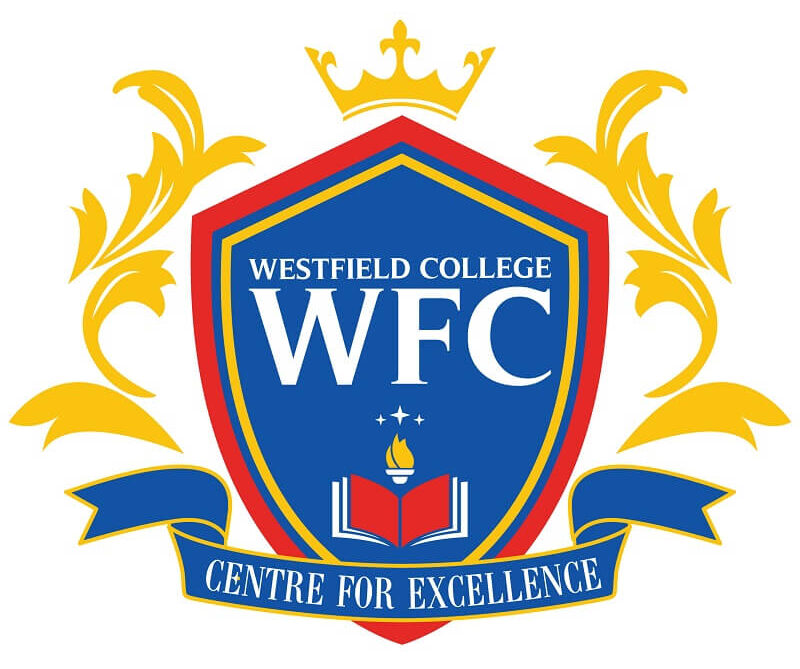Communication in Health and Social Care. Great Course. Very Easy to Understand
BSc (Hons) Criminology and Criminal Justice and Youth Justice

BSc (Hons) Criminology and Criminal Justice and Youth Justice
Overview:
This Criminology degree provides a critical introduction to two significant and challenging social issues – crime and youth justice.
The youth justice system in England and Wales is responsible for sentencing and working with young people under the age of 18 who have committed a criminal offence. The system also intervenes with young people whose behaviour is problematic before they enter the formal court system.
The main aim of the youth justice system is the prevention of youth crime. As well as understanding criminal behaviour in people of all ages, you will explore the main issues around youth crime and the youth justice system, as well as how society responds to young offenders.
Typical A-Level Offer
CCC (this is equivalent to 96 UCAS tariff points).
Typical Welsh BACC Offer
Pass the Advanced Welsh Baccalaureate Diploma with Grade C in the Skills Challenge Certificate and CC at A Level (this is equivalent to 96 UCAS tariff points).
Typical BTEC Offer
BTEC Extended Diploma Merit Merit Merit (this is equivalent to 96 UCAS tariff points).
Typical Access to HE Offer
Pass the Access to HE Diploma and obtain a minimum of 96 UCAS tariff points
Additional Requirements
GCSEs: The University normally requires a minimum 5 GCSEs including Mathematics and English at Grade C or above, or their equivalent but consideration is given to individual circumstances
Online application form
Information requested on this form should be completed in as much detail in order to process your application successfully. All fields marked * must be completed.
Apply Now
Entry Requirements
Contextual offers
We may make you a lower offer based on a range of factors, including your background (where you live and the school or college that you attended for example), your experiences and individual circumstances (as a care leaver, for example). This is referred to as a contextual offer and we receive data from UCAS to support us in making these decisions. USW prides itself on its student experience and we support our students to achieve their goals and become a successful graduate. This approach helps us to support students who have the potential to succeed and who may have faced barriers that make it more difficult to access university. Here is a link to our Contextual Admissions Policy.
Other qualifications and experience
We can also consider combinations of qualifications and other qualifications not listed here may also be acceptable. We can sometimes consider credits achieved at other universities and your work/life experience through an assessment of prior learning. This may be for year one entry, or advanced entry to year two or three of a course where this is possible.
To find out which qualifications have tariff points, please refer to the UCAS tariff calculator.
If you need more help or information or would like to speak to our friendly admissions team, please contact us here
WHAT YOU WILL STUDY
Foundation Year:
Students will study six modules, which will be assessed via a number of examinations, assignments and presentations.
The study skills module is designed to help you with examinations and revision techniques, as well as skills including note taking, essay writing, referencing and planning assignments.
- Investigative Project
- Digital Capability
- Foundations In Psychology
- Sociology
- Social Policy
Year Two
- Applied Crime and Justice 1
- Perspectives In Criminology: Developmental Criminology
- Becoming a Criminologist
- Dod yn Droseddegwr (Through the medium of Welsh, Optional)
- Inside the criminal justice system
- Perspectives In Criminology: Power and Society
- Diversity, Crime and Justice
- Amrywiaeth, Trosedd a Chyfiawnder (Through the medium of Welsh, Optional)
Year Three
- Inside Justice: Unresolved Major Crime
- The Politics of Policing
- Prisons and Imprisonment
- Contemporary Issues in Substance Misuse (Optional)
- Applied Criminological Inquiry
- Ymholiad Troseddegol Cymhwysol (Through the medium of Welsh, Optional)
- Understanding VAWDASV
- Work Experience (Optional)
Year Four
- Applied Criminal Investigation
- Understanding Homicide
You will also have the opportunity to choose optional modules from the below:
- Dissertation
- Working in Industry
- Social Justice Internship
- Green Criminology: Animal abuse and Environmental harms
- Transnational Organised Crime: Contemporary Perspectives
- Terrorism, Security & Extremism
Teaching
You will learn through lectures and seminars, and actively participate in learning through individual study, and written and oral presentations. You will also gain experience in group work and workshops.
The study skills module will also help you with examination and revision techniques, as well as skills including note taking, essay writing, referencing and planning assignments.
The Centre for Criminology has a long history of research on the probation service and custodial institutions, and related topics such as the rehabilitation and resettlement of offenders, effectiveness and accountability in policy and practice, inter-agency partnerships and relationships between the criminal justice system, the Third Sector and the UK and Welsh governments. It also conducts high-quality research into the use of drugs and alcohol, violence and homicide, and criminal investigation.
Assessment
Students are assessed via a number of examinations, assignments and presentations.
COURSE DETAILS
Graduates have gone on to have very successful careers in the criminal justice system and youth justice systems with many working for Youth Justice Services, the Probation Service, Victim Support, the Police Force, Prison Service and other areas related to the justice system such as Women’s Aid, drug and housing agencies and Pupil Referral Units.
Many graduates also progress to a criminology PhD or criminology research degree.
Our Careers and Employability Service
As a USW student, you will have access to advice from the Careers and Employability Service throughout your studies and after you graduate.
This includes: one-to-one appointments from faculty based Career Advisers, in person, over the phone or even on Skype and through email via the “Ask a Question” service. We also have extensive online resources for help with considering your career options and presenting yourself well to employers. Resources include psychometric tests, career assessments, a CV builder, interview simulator and application help. Our employer database has over 2,000 registered employers targeting USW students, you can receive weekly email alerts for jobs.
Our Careers service has dedicated teams: A central work experience team to help you find relevant placements; an employability development team which includes an employability programme called Grad Edge; and an Enterprise team focused on new business ideas and entrepreneurship.
Additional Costs
As a student of USW, you’ll have access to lots of free resources to support your study and learning, such as textbooks, publications, online journals, laptops, and plenty of remote-access resources. Whilst in most cases these resources are more than sufficient in supporting you with completing your course, additional costs, both obligatory and optional, may be required or requested for the likes of travel, memberships, experience days, stationery, printing, or equipment.
CAREERS
Graduates have gone on to have very successful careers in the criminal justice system and youth justice systems with many working for Youth Justice Services, the Probation Service, Victim Support, the Police Force, Prison Service and other areas related to the justice system such as Women’s Aid, drug and housing agencies and Pupil Referral Units.
Many graduates also progress to a criminology PhD or criminology research degree.
Our Careers and Employability Service
As a USW student, you will have access to advice from the Careers and Employability Service throughout your studies and after you graduate.
This includes: one-to-one appointments from faculty based Career Advisers, in person, over the phone or even on Skype and through email via the “Ask a Question” service. We also have extensive online resources for help with considering your career options and presenting yourself well to employers. Resources include psychometric tests, career assessments, a CV builder, interview simulator and application help. Our employer database has over 2,000 registered employers targeting USW students, you can receive weekly email alerts for jobs.
Our Careers service has dedicated teams: A central work experience team to help you find relevant placements; an employability development team which includes an employability programme called Grad Edge; and an Enterprise team focused on new business ideas and entrepreneurship.
Fees
Full time
- 12 to 18 months
£7,250
You’ll study 9 modules in total (approx. 37 hrs/week).
Part time option one
- 12 to 18 months
£4,250
You’ll study 6 modules per year (approx. 25 hrs/week).
Part time option two
- 12 to 18 months
£5,500
Have a question about our professional qualifications?

Contact us about our professional qualifications
If you have any questions about our professional qualifications in finance and banking, please contact our customer services team.
Call us
- +44 (0) 203 771 5653
- admissions@westfieldcollege.co.uk
What Our Students Have To Say
Hi, I recently started Access to Higher Education Diploma (Nursing and Midwifery) course with Westfield College.
--Komal Kiran Galaria
DesignerMy experience with Westfield College is great. The supervisor and the admin team are proactive and efficient.

